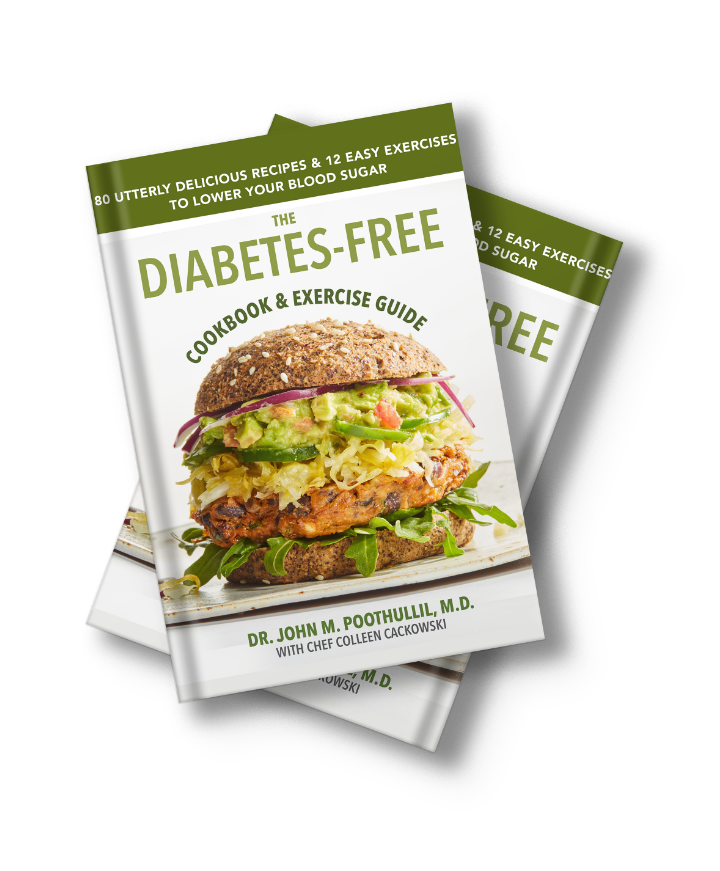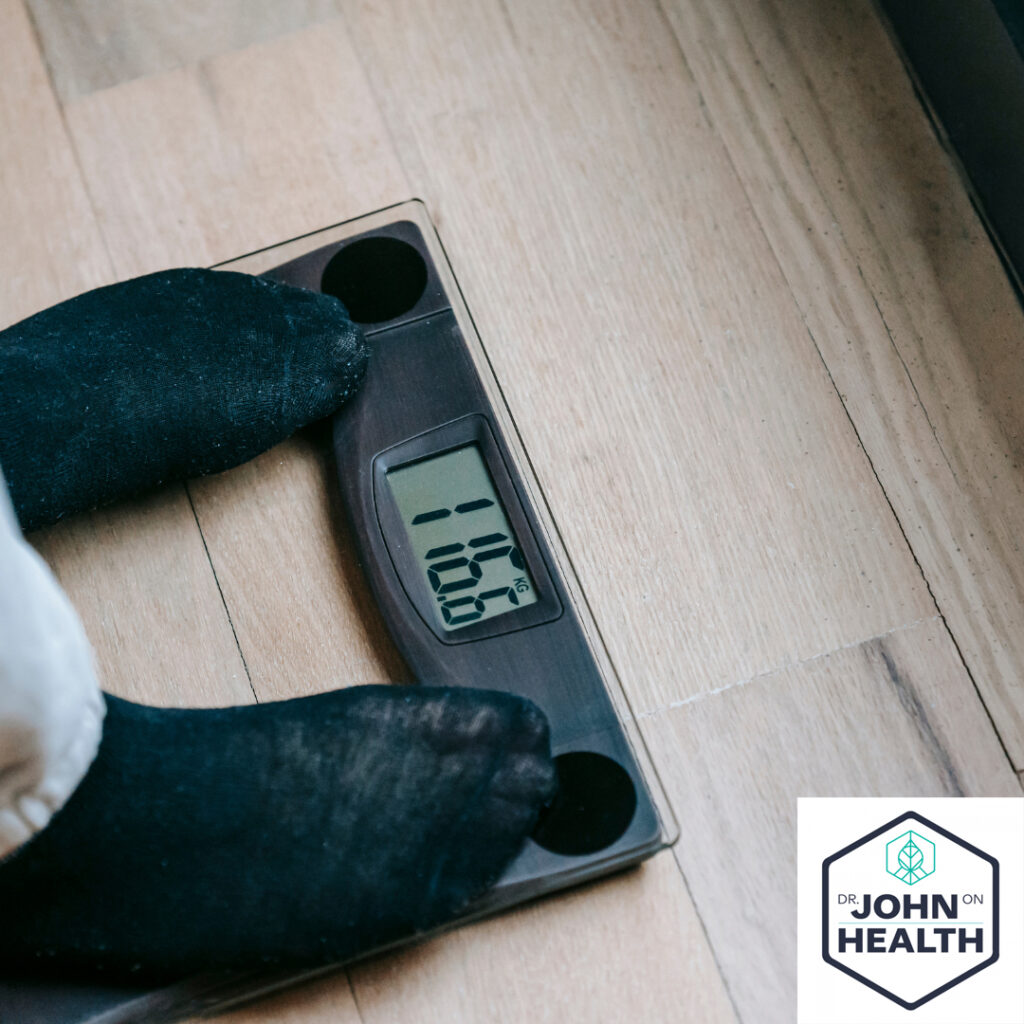This article was originally posted in the USA Daily Chronicles.
There are about 400 types of bacteria in the human colon, starting from the first days of infancy. By the age of 2.5 years, intestinal bacteria resemble that of an adult in terms of composition and remain stable until old age. This wide variety of bacteria comes from the many types of food we eat as well as from other means of ingestion. In the history of human evolution, intestinal bacterial flora evolved along with humans without any contact with cultivated grains or flours of such grains. Only in the last 100 years has human gut bacteria come from significant contact with these complex carbohydrates.
Benefits of good bacteria
Nutrition
Intestinal bacteria produce nutrients needed for the maintenance of the intestinal wall lining. Without a healthy intestinal wall, you may not absorb needed nutrients, incompletely digested proteins may enter the body inducing an immune response and there is the potential for leakage of absorbed nutrients from the body to the outside.
Immunity
Our immune system has two major components: one for prevention and the other for protection. Good bacteria help both systems. In terms of prevention, a molecule called lactoferrin in milk, binds to iron molecules in unhealthy bacteria in the intestine and causes them to break down and die. In addition, friendly bacteria in the intestine deny space and nutrients for unfriendly germs.
Meanwhile, the body achieves immune protection by producing antibodies and white blood cells. The first nourishment that a baby gets from the mother during breastfeeding contains immunoglobulin A (IgA), an antibody in the mucous membrane that prevents the attachment of bad bacteria.
Another significant benefit that intestinal bacteria provide, in my opinion, is the training of newly minted immune cells to recognize normal cells in the body. During an infection, millions of new immune cells are created to replace old ones. Bacteria in the intestine, carrying markers similar to normal cells in the body, train those immune cells to identify infectious agents that carry markers different from that in the body. This type of training prevents autoimmune diseases. Therefore, nourishing the normal bacterial colony in your intestine is important to maintain a robust immune system.
Brain function
Healthy bacteria in the intestine are essential for normal brain function. The gut produces approximately 90% of the serotonin that helps nerve cells communicate with each other. In addition, two neurochemicals, noradrenaline and dopamine, are generated by nerve cells using precursor molecules made by intestinal bacteria. Thus, the intestinal bacteria influence brain mechanisms that regulate normal brain activities, including the release of the stress hormones and memory.
A 2019 review of six studies revealed that there are at least fifty types of abnormal bacteria in the intestine of the patients with major depressive episodes compared to the intestines of control subjects without major depressive episodes.
Intestinal Gas
Yet another important function intestinal bacteria provide is to stimulate intestinal contraction which leads to the elimination of waste through bowel movements. The activity of intestinal bacteria produces gas, which expands the large intestine to facilitate the movement of waste through the intestine. Without this stimulus, you are likely to experience constipation.
How to Ensure Your Gut Bacteria Are Beneficial
The growth and activity of beneficial bacteria is helped by eating prebiotics which are compounds nondigestible in the small intestine of humans. But, they feed the colon bacteria. The intake of prebiotics starts with about 200 types of milk sugars called oligosaccharides derived from lactose that promote the development of bifidobacteria in the baby’s intestine. After lactose and fat, oligosaccharides are the third most abundant solid in human milk.
Promoting good bacteria is also accomplished when you eat fresh vegetables and consume foods that contain “resistant starches.” Resistant starch occurs naturally in chicory, garlic, leeks, seeds, and legumes such as beans and lentils. Resistant starch may also be added as part of dried raw foods or used as an additive in manufactured foods.
Some people find it uncomfortable to eat the foods cited above, as they cause bloating and flatulence. The reason for this is that these foods contain inulins, which are oligosaccharides made from the molecules of fructose (sugar) commonly present in those foods. Inulins are indigestible by the human enzymes that normally digest starch, and so the gut bacteria metabolize them, releasing carbon dioxide, hydrogen, and methane. This is what causes the adverse gastrointestinal effects.
You can mediate the effects of these foods by taking medications containing simethicone that promote the coalescence of smaller bubbles into larger ones that are more easily passed from the body. In addition, digestive enzyme supplements may significantly reduce the amount of flatulence caused by components of foods not digested by the body which promote the action of microbes in the small and large intestines.
Another solution to boost healthy gut bacteria is to consume foods that contain probiotics. These are “live microorganisms” that confer health benefits to you by providing intestinal microbial balance. Fermented products that contain lactic acid bacteria such as yogurt, kefir, and buttermilk, are prime examples. Many drinks such as kombucha are made with billions of probiotics in them. Some studies suggest that probiotics have a beneficial effect, especially for people with depression and anxiety.
Finally, efforts are underway to collect and preserve healthy gut bacteria for transplantation into the colon of people harboring unhealthy bacteria. In fact, across Europe and in the United States, “stool banks” have emerged to serve the increasing demand. In addition, cultured intestinal bacteria are being studied as an alternative to the fecal microbiota transplant.
In this regard, it is educational to note that animals such as elephants, hippos, koalas, and pandas are born with sterile intestines, and to digest vegetation, they need bacteria which they obtain by eating their mothers’ feces. Other animals eat dung. This suggests that we might anticipate supplements containing cultured gut bacteria becoming available in the future.
I hope you now have a more comprehensive understanding of intestinal bacteria and the role they play in your health. The choice (and responsibility) to keep your intestine healthy is up to you.
Listen to my audio commentary on the subject.

Don’t let Type 2 diabetes or pre-diabetes control your life – start a delicious new journey to a healthier, happier you today!

Discover how you can live a diabetes-free life with Dr. John’s groundbreaking cookbook and exercise guide. With over 80 appetizing low-carb recipes created by Chef Colleen Cackowski, you’ll never miss the high-carb, high-sugar foods of your past.
Every recipe nourishes your body and keeps your blood sugar levels in check so you can enjoy tasty, satisfying meals. Dr. John also offers 12 easy-to-do exercises to boost your flexibility and balance and keep you healthy as you age.
What people are saying…
Filled with tons of easy-to-make meals and encourages enjoyable meal planning for moms like me. I highly recommend this book to diabetics and families trying to live and eat healthily. —Maria Chalissery, M.Sc., Diet Technician
If you are looking for ways to improve your health and add more zing to your meals, these recipes are exactly what you need. —Jyoti Veeramoney, Chef, Certified Yoga Instructor
These exercises are great because they focus on dynamic movement that improves joint range of motion and flexibility. They require no equipment, build core strength and stabilization, and incorporate movements that can correct posture, which can decrease the risk of falling. —Sophia LaValle, NASM Certified Personal Trainer


